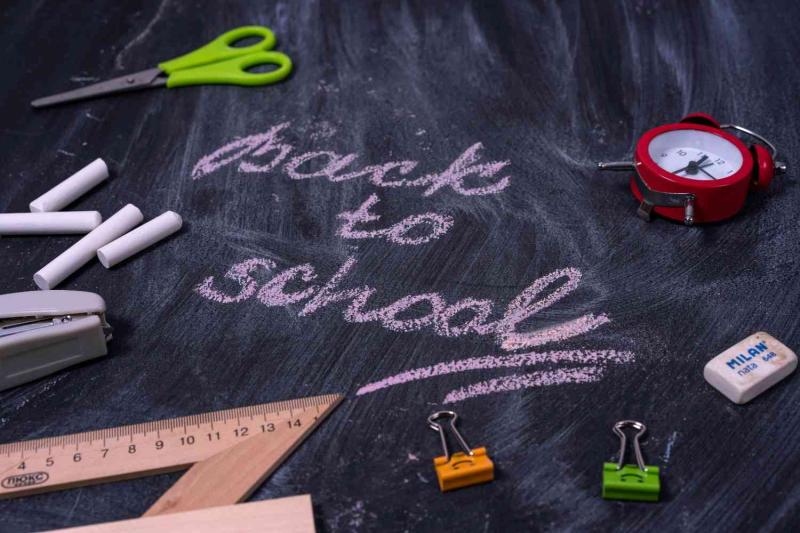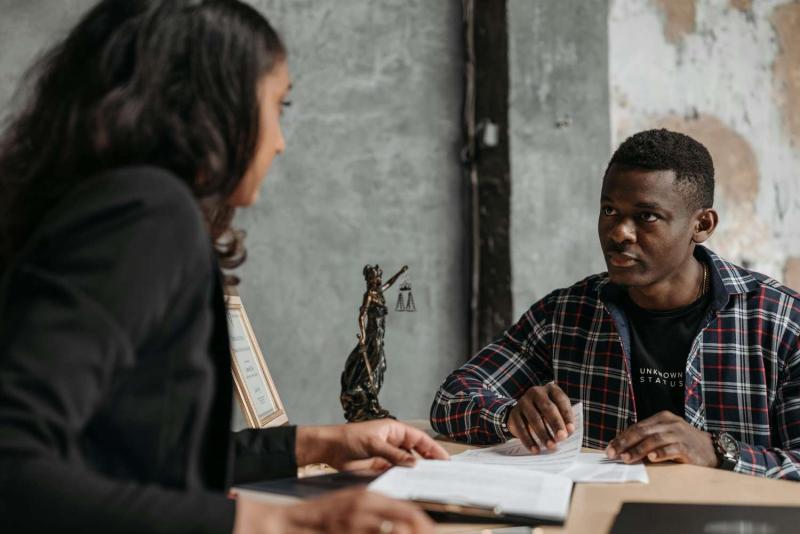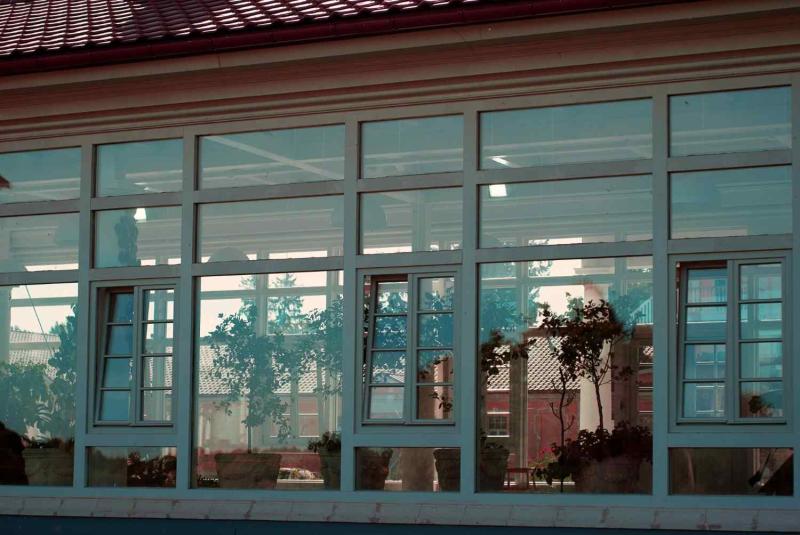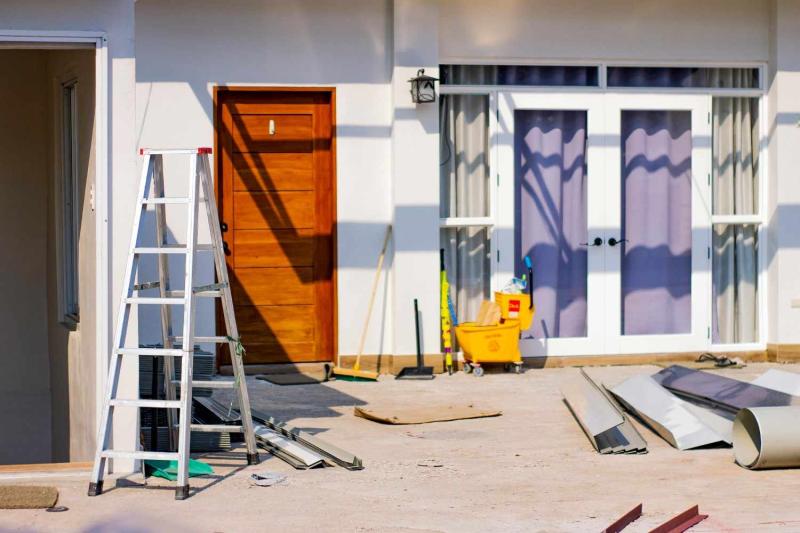Building a Learning-Friendly Environment with the Support of Expert Service Providers

Creating an open, welcoming environment conducive to learning is essential for students and educators alike. Such an atmosphere fosters curiosity, encourages engagement, and supports academic growth. By enlisting the help of expert service providers, educational institutions can implement effective strategies to develop spaces that prioritize inclusivity, creativity, and adaptability, allowing learners of all ages and backgrounds to thrive.
Designing Spaces that Encourage Interaction
One of the foundations of an open learning environment is the physical design of the space itself. Expert service providers specializing in educational design, like Won-Door, bring valuable insights into how to create settings that encourage interaction and collaboration among students. Instead of traditional, rigid classroom layouts, experts recommend flexible arrangements that allow for movement and adaptability. By creating spaces where students feel comfortable interacting with instructors, schools foster a learning community that feels supportive and stimulating.
Educational design experts help institutions create layouts that accommodate various learning styles, including quiet zones for focused work, open areas for group activities, and tech-enabled spaces for digital learning. Additionally, by implementing ergonomic furniture and adequate lighting, they can enhance comfort and reduce distractions, making it easier for students to concentrate. These design considerations create an inviting atmosphere where students feel motivated to learn, building a foundation for academic success.
Promoting Inclusivity and Accessibility
An open learning environment must be inclusive and accessible to all students, regardless of their abilities or backgrounds. Expert service providers play a crucial role in developing educational spaces that meet the diverse needs of students. From installing accessible furniture to incorporating assistive technology, these professionals ensure that learning environments are free from physical and digital barriers. Accessibility enhancements help create a learning environment where everyone feels welcome and capable, fostering a sense of belonging.
Inclusivity goes beyond physical accessibility; it also includes creating a supportive and culturally responsive environment. Service providers can offer training programs that help educators understand and address the varied needs of their students, from different cultural backgrounds to neurodiverse learning requirements. By promoting an environment where every student feels seen, heard, and supported, schools can help each learner achieve their potential, contributing to a positive and productive learning experience.
Implementing Technology to Enhance Learning
Technology has transformed modern education, and expert service providers are essential in integrating it effectively into the learning environment. From interactive whiteboards to digital collaboration platforms, technology can make learning more engaging and accessible. Service providers assess the specific needs of an institution and recommend technology that complements its educational goals, ensuring students have access to innovative tools that facilitate active learning.
A thoughtfully implemented tech infrastructure enables students to access resources, participate in virtual lessons, and collaborate with peers in new and exciting ways. Technology also provides educators with data on student progress, helping them tailor their approach to meet each learner’s needs. Expert service providers guide schools through this process, managing installations and providing training so that teachers and students can fully benefit from the technology available.
Building a Culture of Openness and Curiosity
An open learning environment also cultivates a positive and curious mindset within the educational space. They can support this goal by offering workshops and resources that encourage critical thinking, creativity, and emotional resilience. These services help educators create classrooms where students can explore ideas, ask questions, and make mistakes without fear of judgment.
A culture of openness also involves encouraging students to take an active role in their own learning. By fostering self-directed learning practices, educators can help students develop a sense of ownership over their education. Service providers specializing in educational psychology can equip schools with strategies to motivate students, helping them develop confidence, discipline, and a lifelong love for learning. This supportive atmosphere contributes to a dynamic learning environment where students feel empowered to pursue their interests.
Enhancing Professional Development for Educators
Creating an open learning environment requires not only physical and technological support, but also a strong focus on professional development for educators. Expert service providers offer training and development programs that equip teachers with the skills and knowledge needed to build a positive, inclusive classroom culture. Topics such as student-centered teaching methods, effective communication, and conflict resolution can enhance the learning environment by empowering teachers to support their students effectively.
Educators trained in the latest pedagogical techniques and classroom management strategies are better prepared to handle diverse classrooms and foster positive relationships with their students. Service providers can help schools implement mentoring programs and workshops that keep educators up-to-date with best practices. This creates a cohesive, supportive learning environment where both teachers and students feel valued and engaged.
Creating an open environment conducive to learning requires thoughtful planning, inclusive design, and support from expert service providers. By investing in physical spaces, technology, inclusivity measures, and ongoing professional development, schools can build a learning environment where every student feels welcome, supported, and motivated to learn. With the right expertise, institutions can create spaces that inspire academic growth, encourage interaction, and foster a love for lifelong learning.









Comments